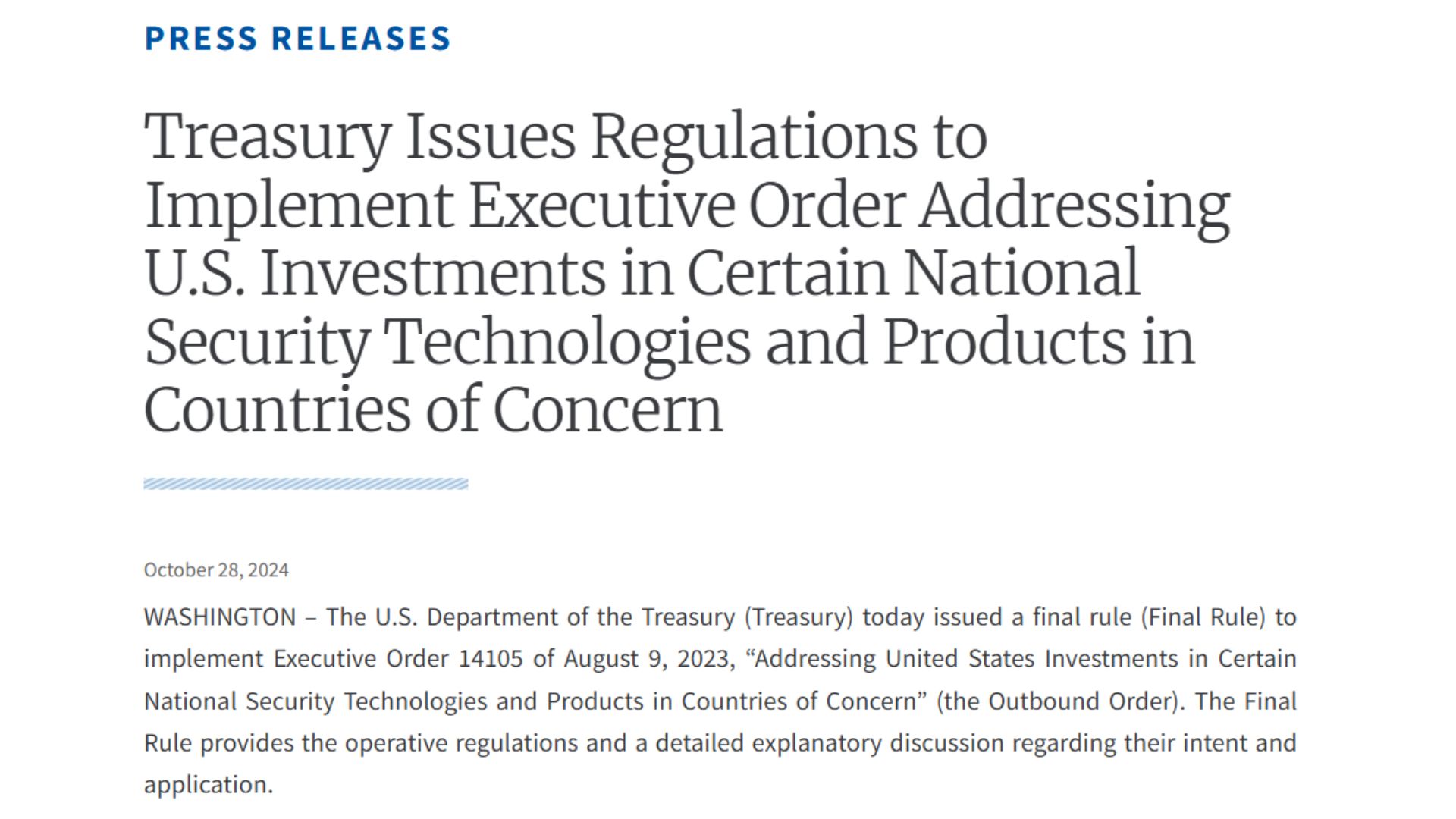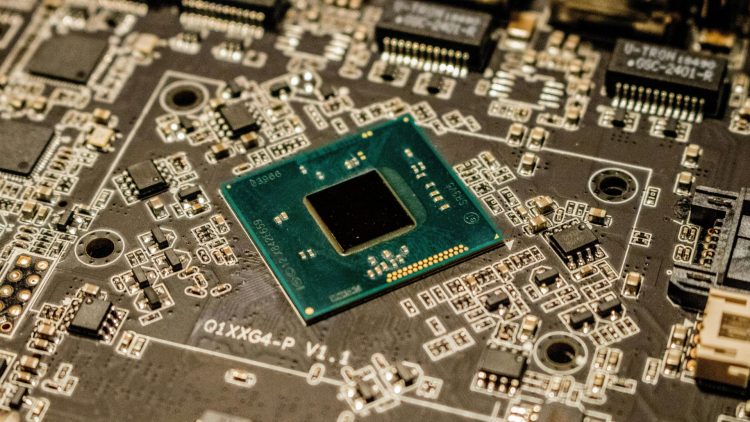2 | Quantum Information
Quantum technology is often called the next frontier, especially for cybersecurity. Quantum computers, unlike traditional ones, can solve problems and decrypt information at mind-bending speeds, posing both opportunities and threats. As this field progresses, having an edge in quantum information could be transformative for military strategy and cyber defense.
3 | Artificial Intelligence (AI)
AI’s potential for boosting productivity, accuracy, and predictive analytics is enormous, but so is its risk when used for surveillance or military applications. AI-powered technologies could strengthen enemy defenses, improve espionage, and even support unmanned combat systems, so the US sees value in restricting how much American influence goes into Chinese AI development.
The rule only applies to cutting-edge uses of these technologies that might directly or indirectly enhance military or intelligence capabilities.
More basic tech investments aren’t affected, so American companies can still engage with Chinese tech—just not in the ways that could turn into security liabilities.
How Does This Affect American Businesses?
For tech companies and venture capitalists in the US, this rule may close off some potential markets.
Phil Siegel, founder of the AI nonprofit CAPTRS, stated that while this rule could limit US companies’ access to China’s massive market, it’s likely to have limited short-term impact, Fox News noted in a report.
The focus is on preventing high-stakes technology from reaching potential adversaries, rather than cutting off all US-China tech relations.

Siegel pointed out an interesting flip side to this approach, though.
Restricting American investments could reduce the US’s ability to monitor China’s progress in these tech fields. Keeping an eye on China’s tech development has its advantages—when it’s easier to track their progress, the US gains insight into any emerging threats.
However, this visibility can be sacrificed in the interest of slowing China’s access to American innovation.
China’s Reaction: Not Happy
It’s no surprise that China isn’t thrilled with these new restrictions.
China’s Foreign Ministry condemned the US decision, stating that it “firmly opposes” the US blocking investments that target their tech sector.
China even lodged an official protest, underscoring how seriously it takes the impact on its tech ambitions.
#FMsays Beijing is strongly opposed to Washington’s latest restrictions on its high-tech exports to China, and has lodged stern representations with the US side, FM spokesman Lin Jian said, vowing to safeguard China’s legitimate rights and interests with all necessary measures. pic.twitter.com/xwyf4sLXlK
— China Daily (@ChinaDaily) October 29, 2024
For China, the American investment market is not only valuable for funding but also a channel for collaboration and idea exchange. Limiting this access doesn’t sit well with Beijing, which has been ramping up its own tech ambitions.
“China deplores and rejects the US’s Final Rule to curb investment in China […] and will take all measures necessary to firmly defend its lawful rights and interests,” said Lin Jian, Chinese Foreign Ministry spokesperson, during a regular press briefing last Tuesday, October 29.
A New Era of “Tech Guardrails”
This policy is part of a broader approach by the US to secure its technology edge and national security by creating “tech guardrails” around China. It follows export restrictions, cybersecurity standards, and data-sharing limitations that Washington has placed on its dealings with China over the past few years.
The goal is to slow down China’s access to advanced technologies, especially those with a military edge, and give America an advantage in shaping the future of global security.
Whether this approach will yield the intended long-term benefits remains to be seen, but the US has made it clear it’s willing to forgo some short-term business opportunities for what it sees as a bigger security payoff.
As this rule takes effect, American investors and tech companies will be adapting to a world where business with China has tighter boundaries, especially in technology.










COMMENTS